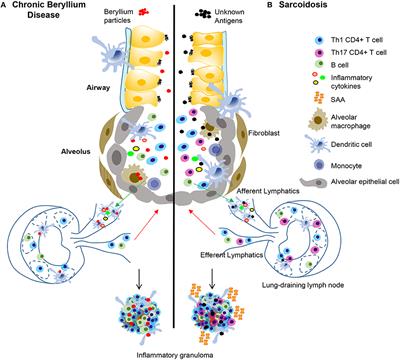EDITORIAL
Published on 05 Jan 2021
Editorial: Novel Insights Into the Immunology of Pulmonary Granulomatous Diseases
doi 10.3389/fimmu.2020.633103
- 1,188 views
30k
Total downloads
154k
Total views and downloads
You will be redirected to our submission process.
EDITORIAL
Published on 05 Jan 2021
REVIEW
Published on 19 Nov 2020

ORIGINAL RESEARCH
Published on 18 Sep 2020

REVIEW
Published on 15 Sep 2020

REVIEW
Published on 04 Aug 2020

ORIGINAL RESEARCH
Published on 22 Jul 2020

REVIEW
Published on 14 Jul 2020

MINI REVIEW
Published on 26 Jun 2020

REVIEW
Published on 27 May 2020

ORIGINAL RESEARCH
Published on 12 May 2020

REVIEW
Published on 18 Mar 2020

